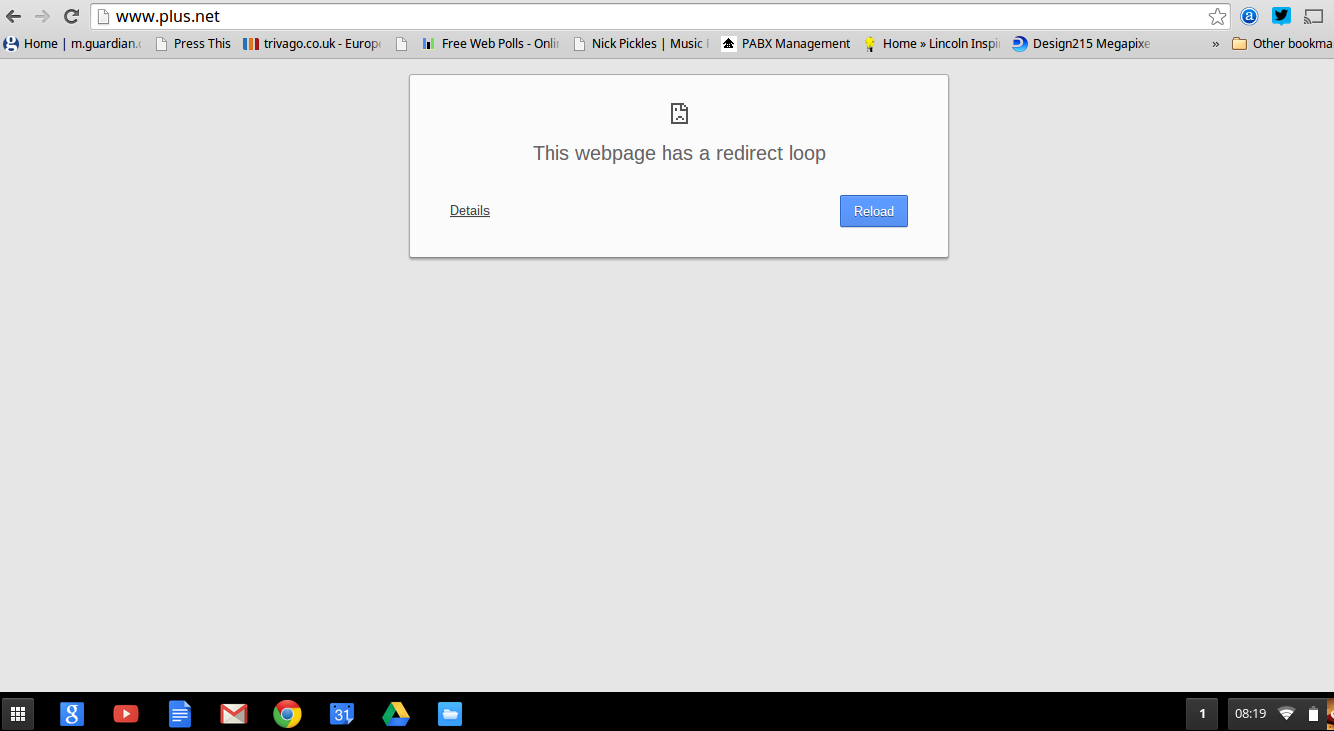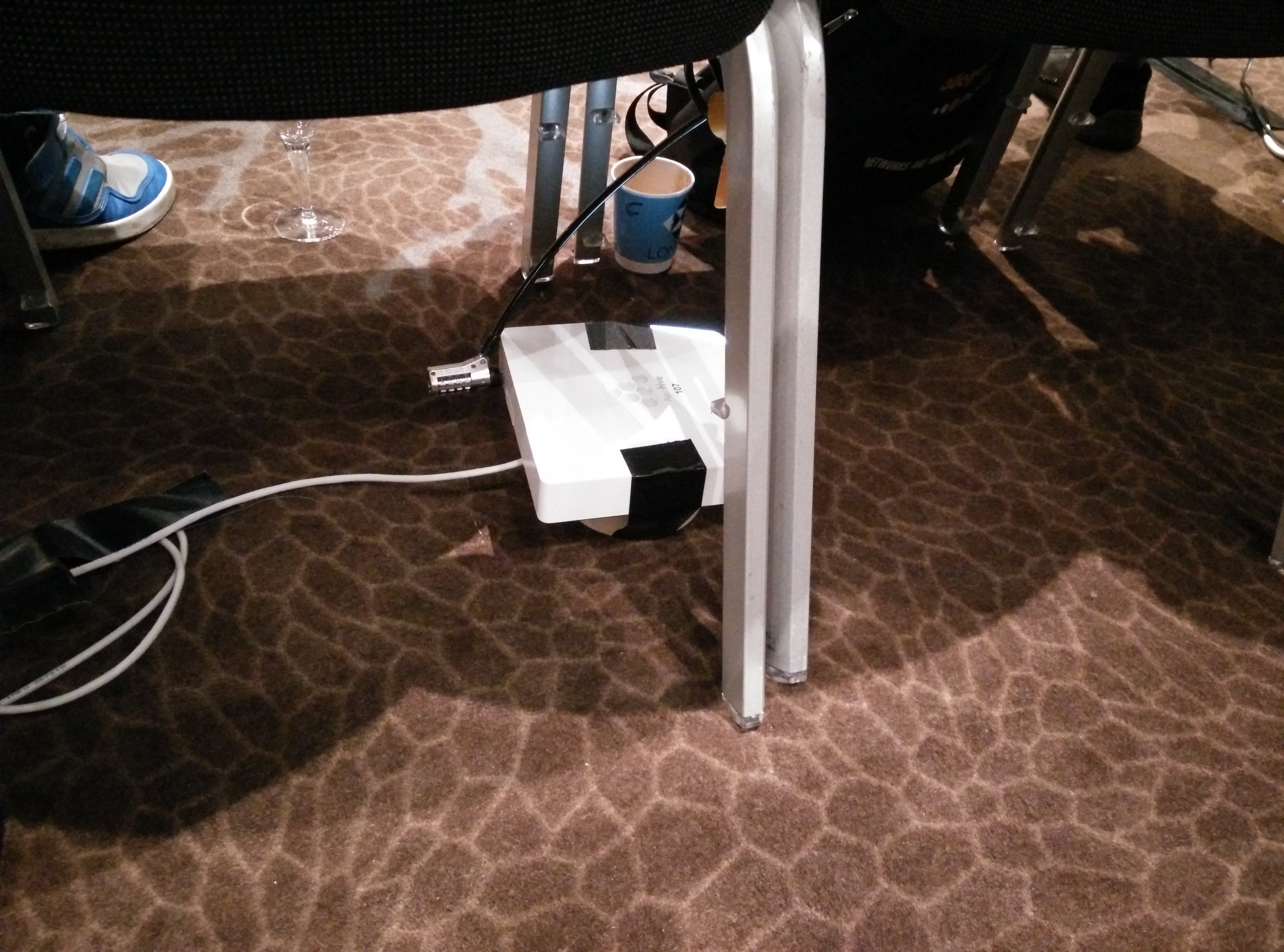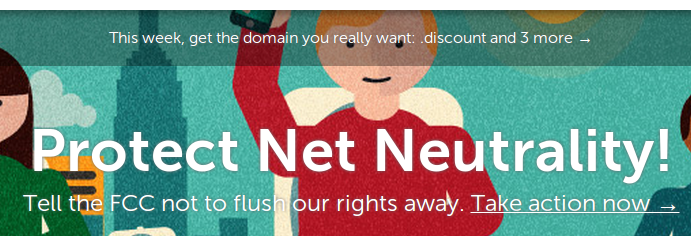ITSPA Awards 2015 – 2.30 – 5pm, 19th March, Tate Modern
Yo y’all. Tickets for the ITSPA Awards 2015 are now available here. If you are in the Internet Telephony Service Provider community or supply to them you need to be there. These events are always fantastic networking opportunities. You get to mix with most of the players in the UK hosted VoIP community.
If you are a supplier, most of your prospects will be there. If you are a service provider your competitiors’ CEO is likely to be there and very approachable. I’ll be there for a chat as well (fwiw).
As an added bonus some of the LONAP board will be there – I include myself. LONAP as most of you will know is an Internet Exchange Point (IXP). Quite a few ITSPA members are also LONAP members. We have also recently had a number of enquiries from other ITSPA members re joining LONAP.
The benefits of joining LONAP for ITSPA members are clear. Lower latency and lower internet access costs for your traffic – the use of peering in this situation has a well established business model.
So in the interest of world peace and low latency networking LONAP are inviting their members and prospects for a few beers after the Awards themselves. We will thereafter be decamping to a curry house of good repute.
If you are a LONAP member or prospect and are going to the ITSPA Awards let me know in advance if you want to come for the curry as I will need to pre-book the numbers. If you fit into one of these categories but are not coming to the Awards themselves and want to come for the curry also let me know. No freeloaders, time wasters or snake oil salesmen:)
Just as an fyi for the ITSPA Awards 2015 we have had 66 entries from 34 companies for the categories below:
- Best Consumer VoIP
- Best Business ITSP (Small Enterprise, Medium Enterprise and Corporate)
- Best VoIP CPE
- Best VoIP Infrastructure
- Best VoIP Innovation
We aso have as separate awards
- The ITSPA Members’ Pick
- The ITSPA Champion
Exciting eh? Not everyone can win at the ITSPA Awards 2015 but you are guaranteed to have a good time and chat with useful people. Book your tickets now:)
Amazingly posts about the ITSPA Awards on this blog go back to 2008! Check em out here.

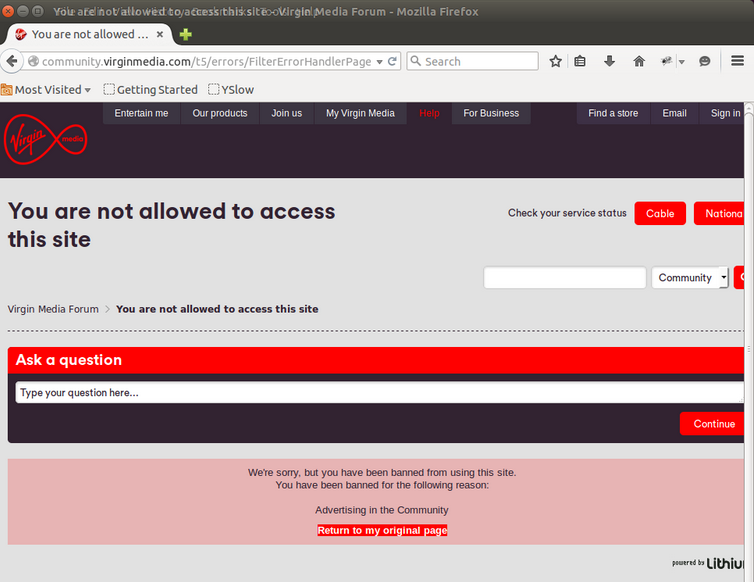
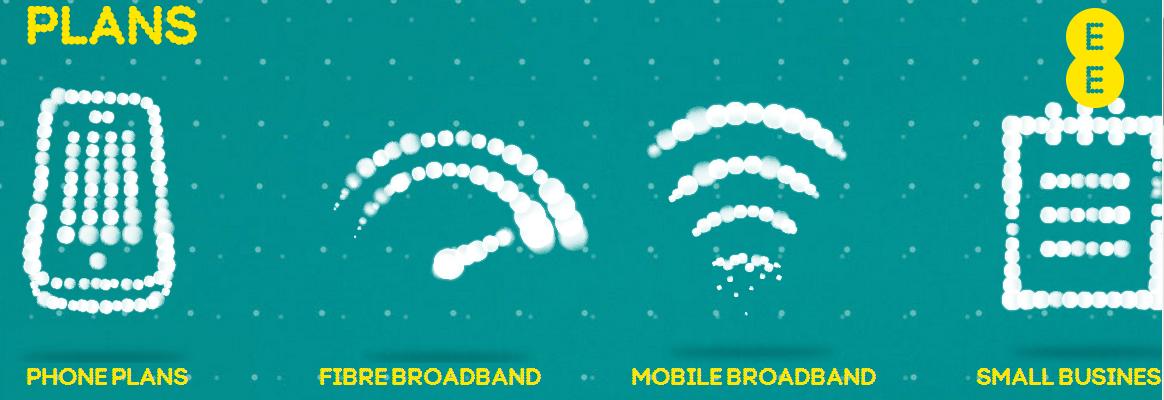
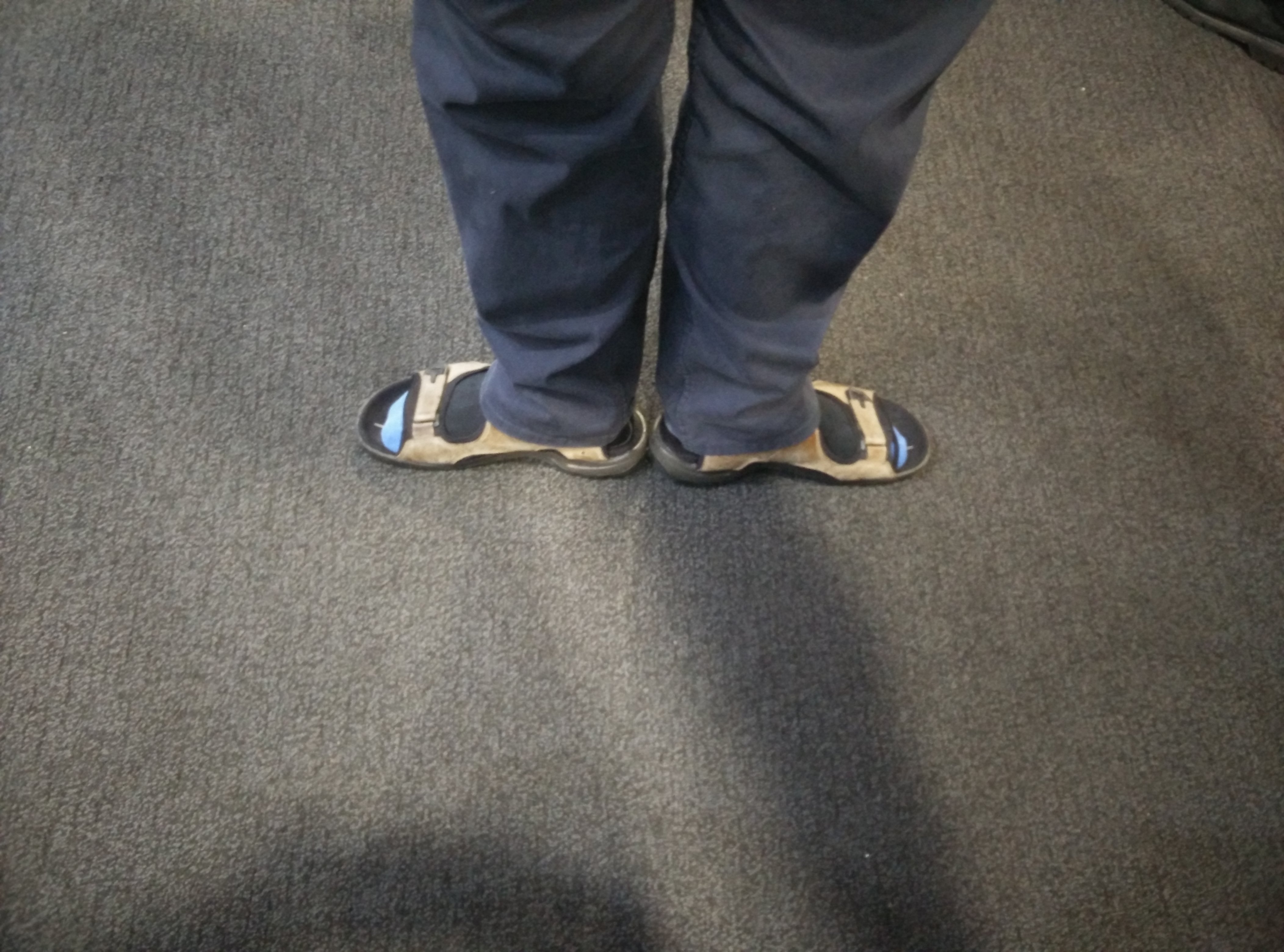


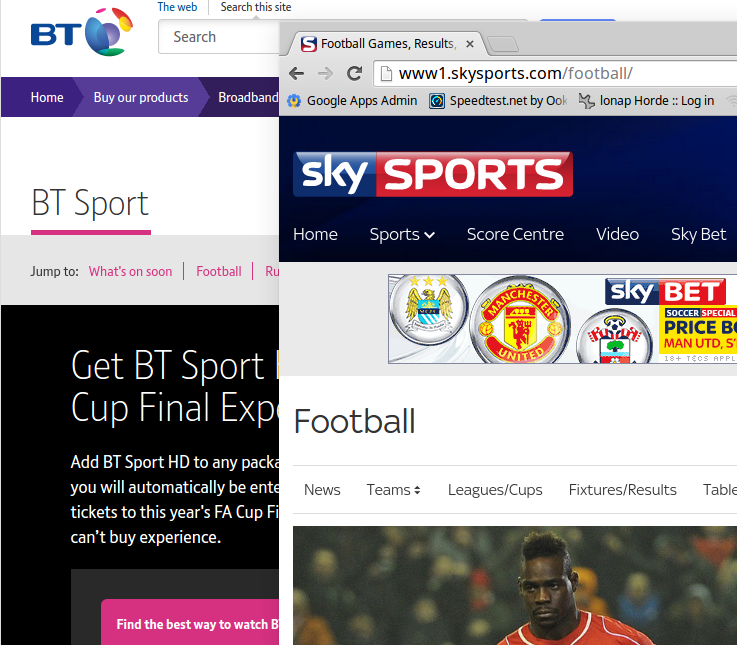
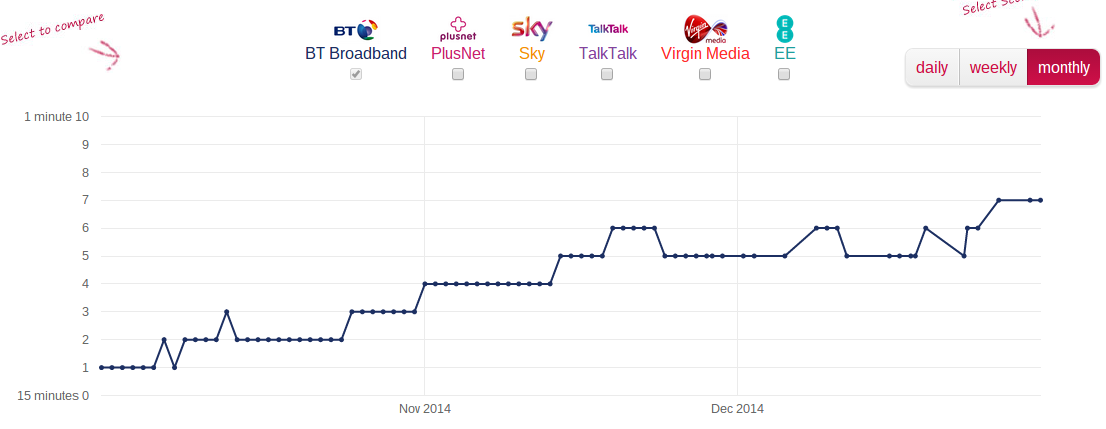
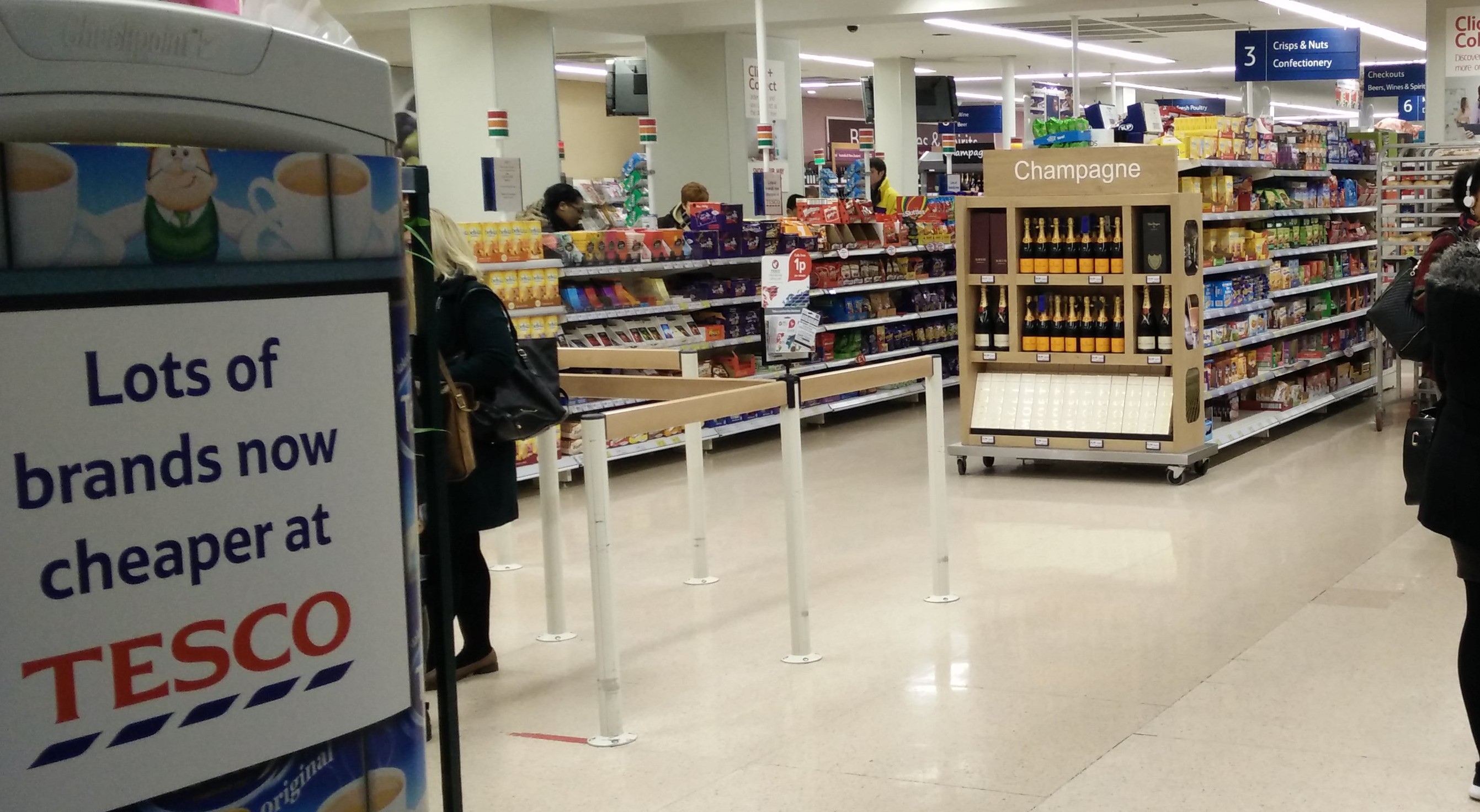


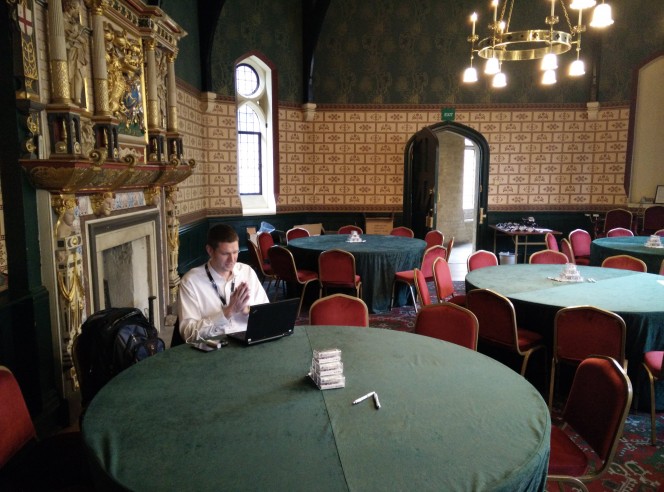


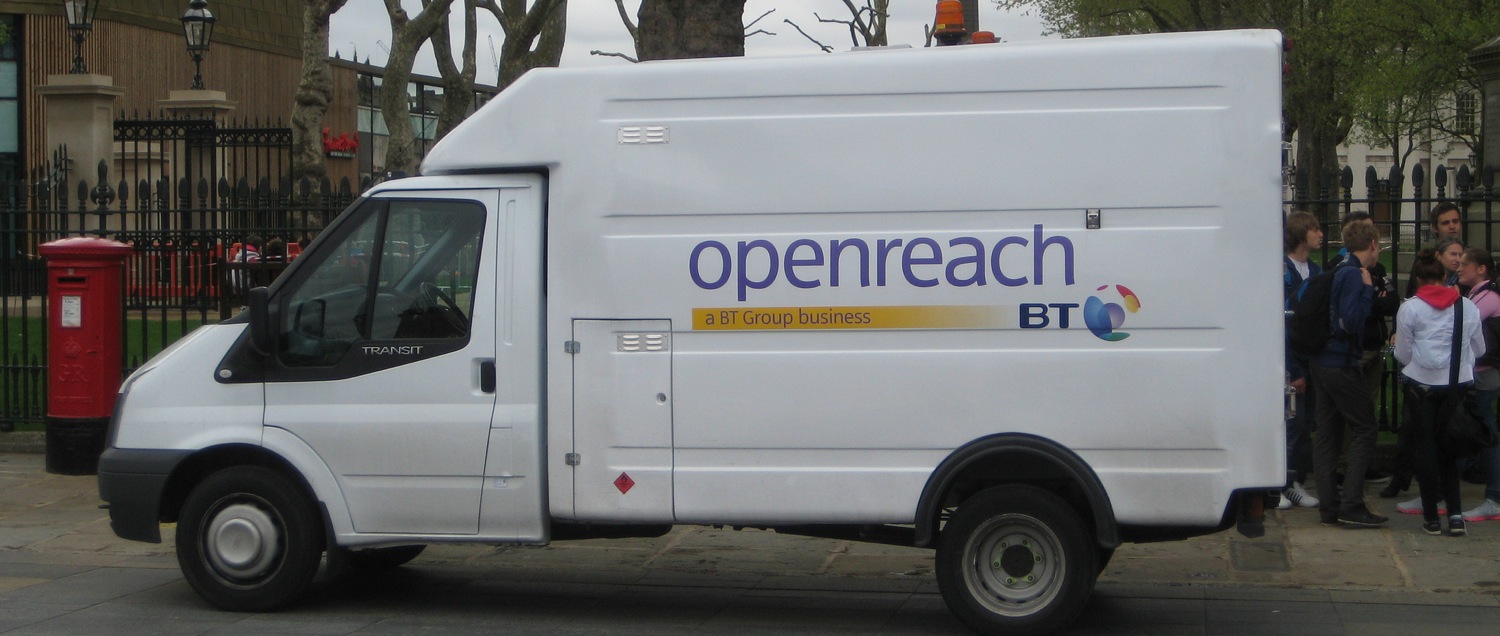






























































































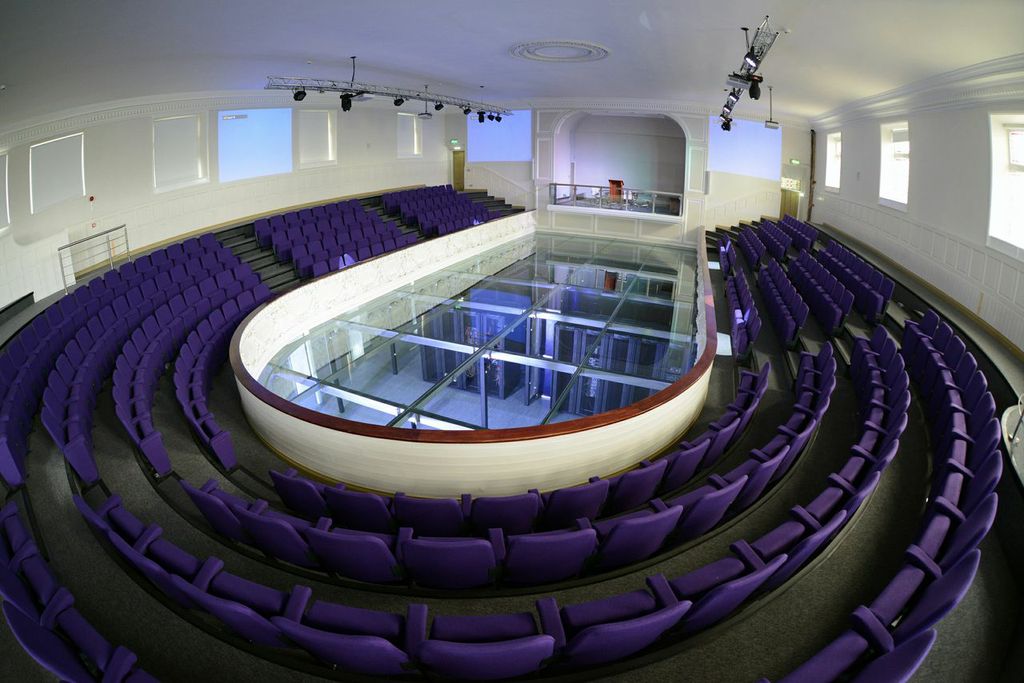
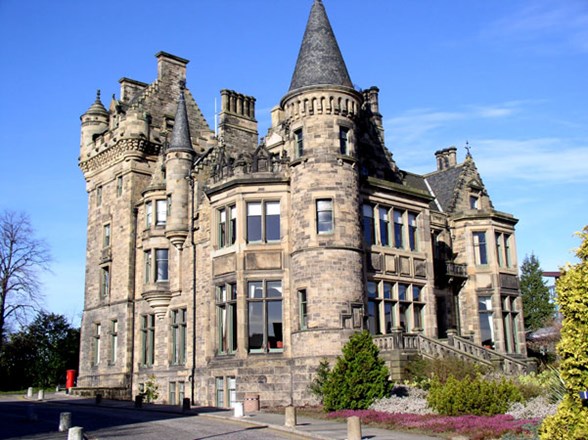
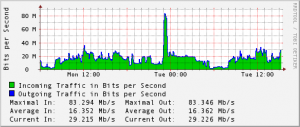 Only joking. 55 people from 36 organisations have so far registered to attend. Its a good level of interest considering IXScotland’s membership currently numbers 13. It’s also fair going for what is still a nascent operation carrying on average below 40Mbps of traffic. At that level of bandwidth there’s a long way to go.
Only joking. 55 people from 36 organisations have so far registered to attend. Its a good level of interest considering IXScotland’s membership currently numbers 13. It’s also fair going for what is still a nascent operation carrying on average below 40Mbps of traffic. At that level of bandwidth there’s a long way to go.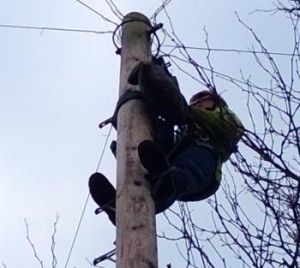 So the engineer turns up and does a few tests both inside and outside the house and proceeds to find two faults. One is the one on the ticket which turns out to be a short circuit somewhere in the house (hoover bashed the socket!?). We fix that by just disconnecting that socket.
So the engineer turns up and does a few tests both inside and outside the house and proceeds to find two faults. One is the one on the ticket which turns out to be a short circuit somewhere in the house (hoover bashed the socket!?). We fix that by just disconnecting that socket.

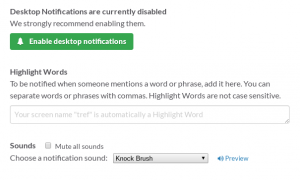 I also have slack for my Chromebook. It’s a web based service so no plugin. At least not one that I am using. I can enable desktop notifications but have happily left this switched off as I prefer the notifications to come in on my phone. I do like the fact that you can choose keywords for alerts.
I also have slack for my Chromebook. It’s a web based service so no plugin. At least not one that I am using. I can enable desktop notifications but have happily left this switched off as I prefer the notifications to come in on my phone. I do like the fact that you can choose keywords for alerts.